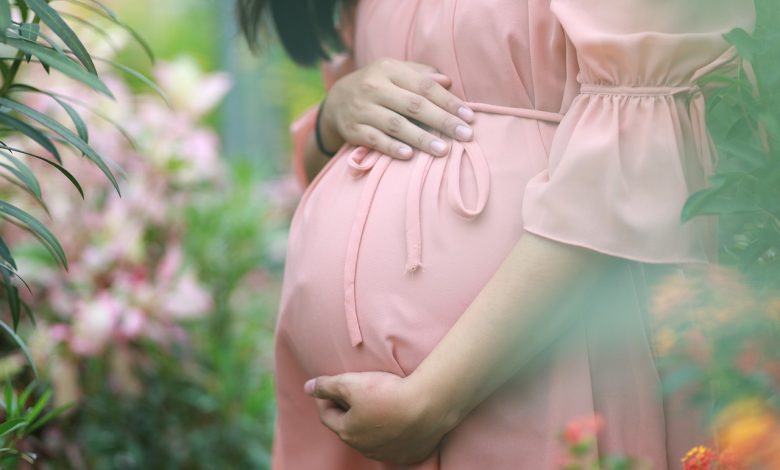Cannabis Use During Pregnancy Linked to Higher Risks of Premature Birth and Low Birth Weight, Study Finds

A new review published in the journal Addiction reveals that cannabis use during pregnancy may pose more significant risks than previously thought, with an increased likelihood of premature birth and low birth weight, ultimately leading to higher admission rates to neonatal intensive care units (NICUs). The analysis, conducted by researchers at the University of Toronto’s Centre for Addiction and Mental Health, involved pooling the results of 57 published studies encompassing nearly 13 million infants, of which almost 103,000 were exposed to cannabis.
While the study provided reassuring news that exposure to cannabis in the womb did not correlate with a higher risk of birth defects, death within one year, or sudden infant death syndrome (SIDS), the identified risks of premature birth and low birth weight are significant concerns.
Maryam Sorkhu, the study’s first author, emphasized the global rise in cannabis use among women of reproductive age, extending to pregnant women. She noted that tetrahydrocannabinol (THC), the primary psychoactive component in cannabis, can cross the placenta and bind to receptors in the fetal brain, contributing to the heightened risks observed in the study.
The meta-analysis included studies conducted between 1984 and 2023 from various countries, presenting a comprehensive examination of the association between cannabis exposure during pregnancy and adverse birth outcomes. Of the three outcomes assessed—premature birth, low birth weight, and NICU admission—pregnant women using cannabis were found to be over 1.5 times more likely to experience preterm delivery, more than twice as likely to have a low-birth-weight baby, and newborns exposed to cannabis were more than twice as likely to require NICU admission compared to non-exposed newborns.
Despite some expectant mothers turning to cannabis for relief from morning sickness or general discomfort, the study underscores the potential dangers associated with such decisions. The findings highlight the importance of raising awareness about the risks of cannabis use during pregnancy and providing support and education to women of reproductive age.
Sources:
- Society for the Study of Addiction, news release, Nov. 2023
- Birth, cognitive and behavioral effects of intrauterine cannabis exposure in infants and children: A systematic review and meta-analysis





